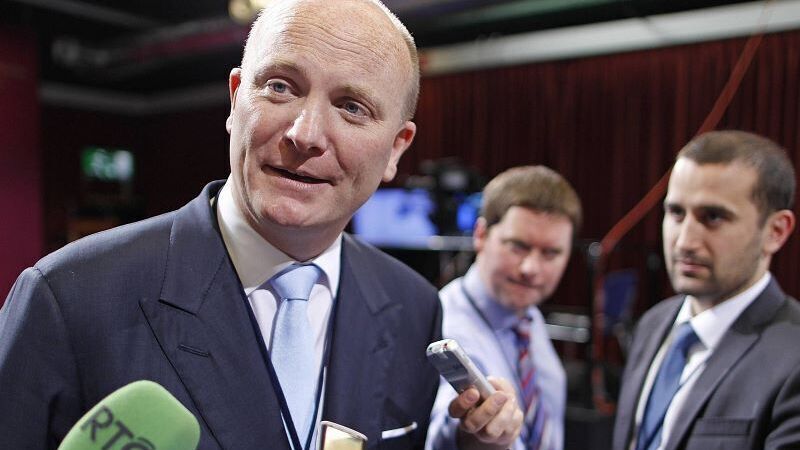ANALYSIS ... Can we learn from Ganley’s Pyrrhic social media victory?

For the blogger who raised Declan Ganley’s ire, the price was a €50 donation to the Poor Clare Sisters and an online apology.
Ganley maintained the success in bringing one of his most animated online critics to heel just once could not be measured in euro. As he tweeted after news of the apology broke: “Sisters may only be able to buy a few sandwiches with proceeds but point needed 2b made in current environment.”













